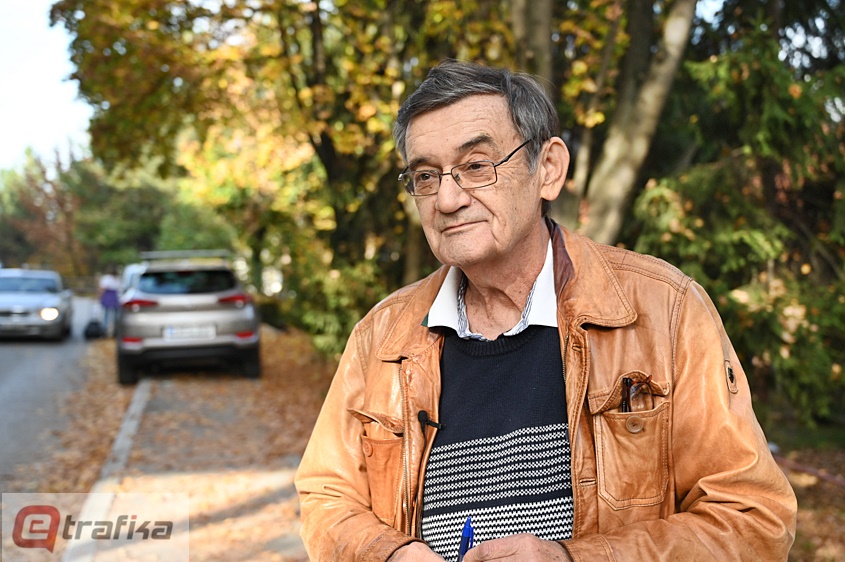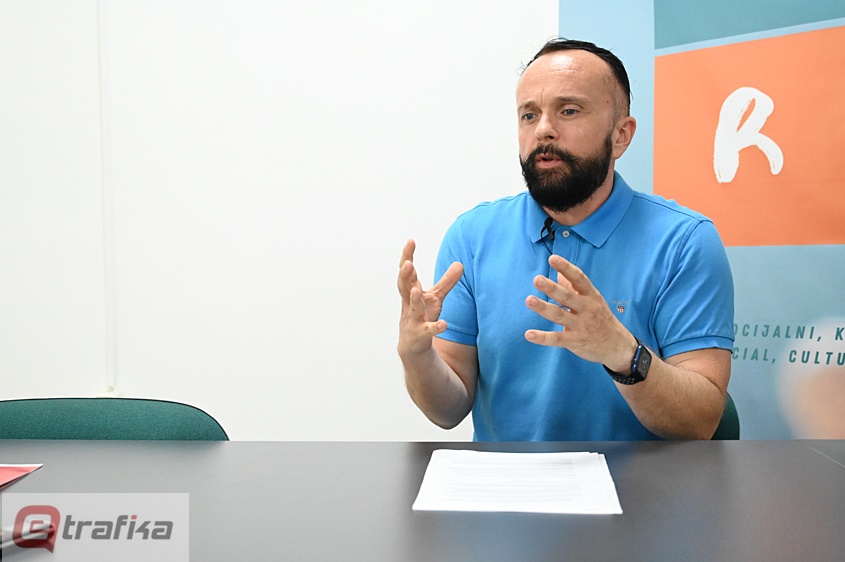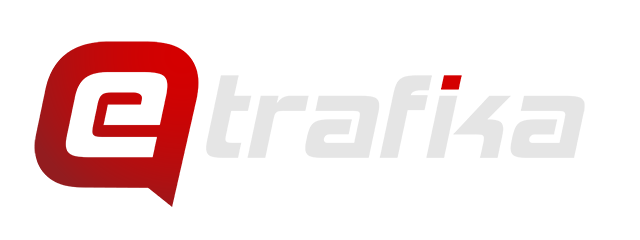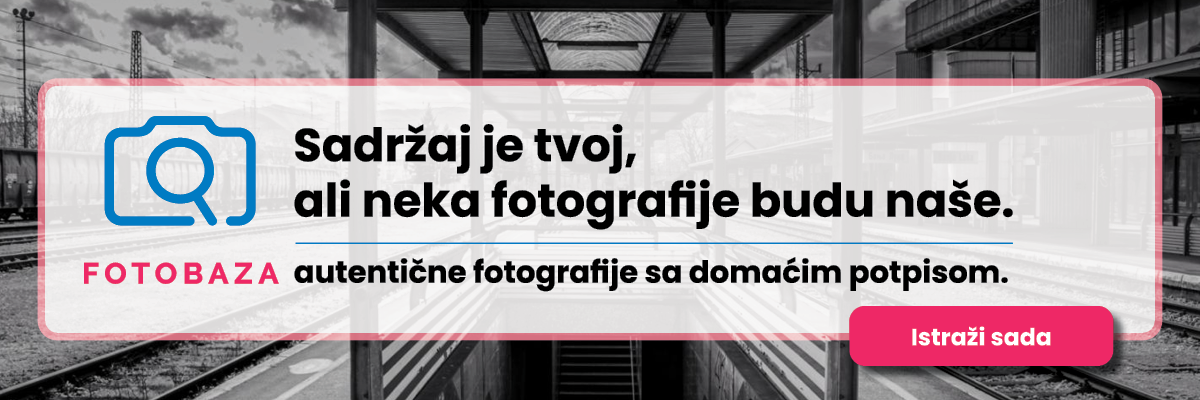A head shake, snort and hand signal in refusal to answer. Some sad looks and replies that it was a private and painful topic. This is what we got from Banja Luka citizens when we asked them what they could afford with their salaries.
Written by: Vanja Stokić; Photo & Video: Ajdin Kamber
Statistics say that the average salary in Bosnia and Herzegovina is BAM 1,154. However, experts point out that this amount is incorrect and that the average salary is deliberately calculated using the wrong methodology to mask the real situation. According to them, the statistics are lying to us.
“They calculate the average wage by taking the wage fund, i.e., total wages paid, and divide it by the number of employees. Accordingly, salaries of BAM 10,000 and BAM 500 are thus equated. That is how they get the average. And then they say the average salary is BAM 1,000. The correct calculation, as it is calculated in Europe, is the median income. You have the curve, the highest and the lowest salary. You cut it in half and thus get half. That half is the real average salary. It is around BAM 700”, explains economic analyst Žarko Papić.
Three years ago, he researched in-work poverty in Bosnia and Herzegovina. He points out that it is much bigger than one wants to see. Not only of working poor but also general poverty.
“This enables policies to create ethnic tensions so that people hold protests in front of the OHR, to be focused on the protests over the elections, i.e., who won and who lost the elections. However, the essence, the social matters and the position of citizens are put aside. This hypnotizes the citizens. It's a very bad situation, but we don't see the picture of that situation. We only get details”, says Papić.

Research has shown that 25 per cent of workers cannot provide for their families of four. This is not about a market basket but shopping for the most necessary foods.
“We don't officially know the extent of poverty in Bosnia and Herzegovina. A household consumption survey has not been conducted for seven years. It should be done every two years, based on which poverty is calculated. It was last calculated in 2015, using a completely wrong methodology. It was a politics-influenced methodology aimed at presenting a false image of poverty. The results of the Bosnia and Herzegovina survey showed that 16.9% of the population was below the relative poverty threshold. The inadequacy of the methodology is evident from the fact that, in the same year, the average of the European Union population below the relative poverty threshold was 24%. It turns out they are poorer than us. Of course not! The methodology is flawed because they measure differences in income. The more developed a country, the greater the differences in income. But the poor one is not actually poor. They are just poorer than that guy Gates, for example. They have fewer than him”, says Papić.
With a minimum wage of BAM 543 and an average of BAM 1,154, workers in Bosnia and Herzegovina cannot live. They only survive. Far from the conditions they deserve for their work.
The association “Zora” from Zenica initiated a discussion about a decent salary for the citizens of Bosnia and Herzegovina, sufficient to support a family of four. According to calculations, it should amount to BAM 2,000.
“The first step is to research the market basket by countries. The cost of food is calculated to ensure that an adult can afford 3,000 calories per day. Let me remind you that the limit of caloric value per person, the poverty threshold, is 2,100 calories. Step two is non-food expenditures. This includes: housing, clothes, health insurance, maternity and children care, and the possibility to save a part of that decent salary”, explains Armin Šestić from the association “Zora”.

With decent salaries, workers would not survive but live a decent life. They wouldn't borrow money to make it through the month or give up better food or vacations.
“It also has a very useful economic function. In that case, a person who works in a factory will make enough for a living and be willing to work more productively than now. Why? Because he or she doesn’t need to work off the books in the afternoon or in the evening to make a living. In that way, the economy gets some sort of momentum. A decent salary is not just a matter of social character. That has a serious economic function: motivating people to development”, points out Papić.
In Croatia, they have a Coalition for a Decent Salary, while in Serbia, the Declaration on Living Wage. BiH is still at the beginning of this initiative.

The global campaign Clean Clothes, which focuses on workers in the textile and footwear industries, also deals with decent wages. Their wages are dictated by global brands, which open factories in countries with weaker economies and practically blackmail workers by moving their production to another country.
“If there was an agreement at the regional level about what a decent wage is, then there would also be the possibility that these brands would not be allowed to move their production from one country to another. If a similar salary were in BiH, Serbia, Albania, Macedonia and so on, they would not be able to blackmail their workers by saying they will move production to another place. That is why it is very important to talk about decent salary at the national and regional level”, Šestić points out.
Estimates say if a textile product costs BAM 200 on sale, the worker receives only BAM 1. Therefore, it is necessary to pressure the brands to increase the cost of labour.
“The current workers’ income in Bosnia and Herzegovina is misery. An absolute misery. So, it is pure slavery and nothing else. And we wonder why tens, hundreds of thousands of people are leaving BiH. Today, if workers had a EUR 1000 salary, they would never wish to work in Germany. Never! It's a very simple calculation”, points out Šestić.







